|
|
|
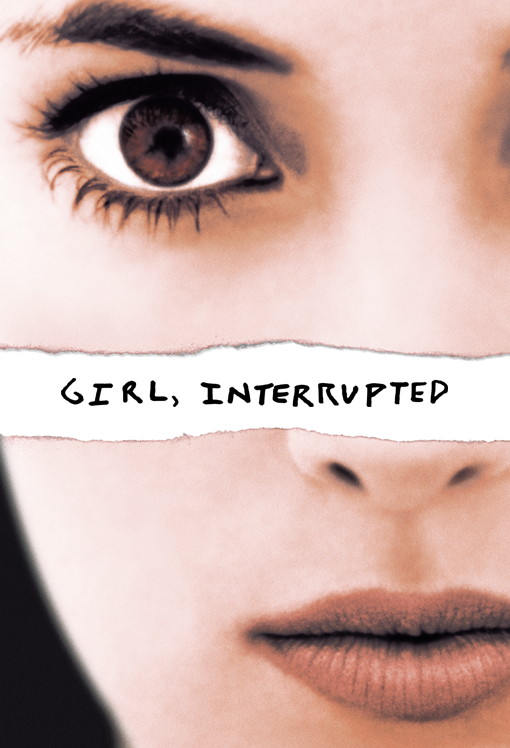

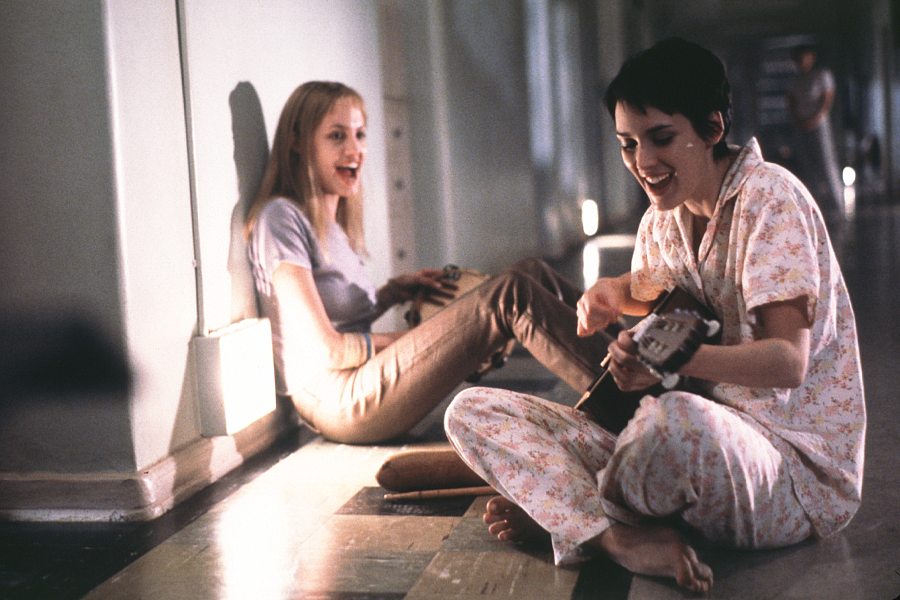


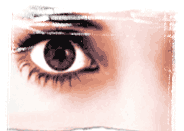
 SYNOPSIS:
SYNOPSIS:
 Boston University Creative Writing Professor Susanna Kaysen set out to write her memoir, Girl Interrupted, for personal reasons.
As a major new motion picture being screened in theaters nationwide, her story is being presented in a very public way.
I was interested in documenting it for my own satisfaction, and I thought it would be an interesting story to tell, said Kaysen, who joined the graduate school of arts and sciences in 1993, the same year Girl Interrupted was published.
The movie version, starring Winona Ryder as Kaysen, recounts the Cambridge nativeís real-life experiences in a Massachusetts psychiatric hospital in the late 1960s.
Kaysen, 18 at the time, was suffering from depression and admitted herself to the hospital after attempting suicide. At first unhappy with her new surroundings, Kaysen soon befriended several patients.
Kaysen was impressed with the quality of the acting in the film, but said was not sure what to think of the movie when she first saw it.
It was pretty peculiar to look at, she said. I donít think I can know what I thought because there were too many things going on at once. A number of my friends saw it and said they enjoyed it.
Kaysen said she was excited by the filmmakerís decision to cast Ryder in her role.
Itís flattering to have someone as beautiful as Winona play you, Kaysen said. While Kaysen did not take part in the actual writing of the screenplay, she communicated with screenwriter and director James Mangold.
The movie is not a completely faithful recreation of her memoir, which was written as a series of vignettes, but Kaysen said she accepted the fact that elements of the story would change once it was adapted for the screen.
In general, the movie chronicles the same events Kaysen went through during her stay, but it does not exactly mirror her experiences, the author said.
I didnít expect it to, she said. The book doesnít have a plot and movies need plots, drama and action.
Kaysen spent three years writing Girl Interrupted, her third book.
Sarah Folzenlogen
Boston University Creative Writing Professor Susanna Kaysen set out to write her memoir, Girl Interrupted, for personal reasons.
As a major new motion picture being screened in theaters nationwide, her story is being presented in a very public way.
I was interested in documenting it for my own satisfaction, and I thought it would be an interesting story to tell, said Kaysen, who joined the graduate school of arts and sciences in 1993, the same year Girl Interrupted was published.
The movie version, starring Winona Ryder as Kaysen, recounts the Cambridge nativeís real-life experiences in a Massachusetts psychiatric hospital in the late 1960s.
Kaysen, 18 at the time, was suffering from depression and admitted herself to the hospital after attempting suicide. At first unhappy with her new surroundings, Kaysen soon befriended several patients.
Kaysen was impressed with the quality of the acting in the film, but said was not sure what to think of the movie when she first saw it.
It was pretty peculiar to look at, she said. I donít think I can know what I thought because there were too many things going on at once. A number of my friends saw it and said they enjoyed it.
Kaysen said she was excited by the filmmakerís decision to cast Ryder in her role.
Itís flattering to have someone as beautiful as Winona play you, Kaysen said. While Kaysen did not take part in the actual writing of the screenplay, she communicated with screenwriter and director James Mangold.
The movie is not a completely faithful recreation of her memoir, which was written as a series of vignettes, but Kaysen said she accepted the fact that elements of the story would change once it was adapted for the screen.
In general, the movie chronicles the same events Kaysen went through during her stay, but it does not exactly mirror her experiences, the author said.
I didnít expect it to, she said. The book doesnít have a plot and movies need plots, drama and action.
Kaysen spent three years writing Girl Interrupted, her third book.
Sarah Folzenlogen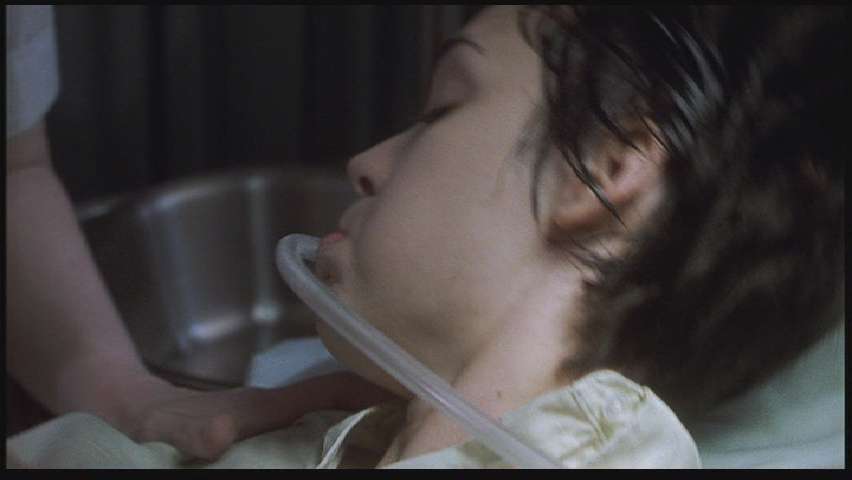
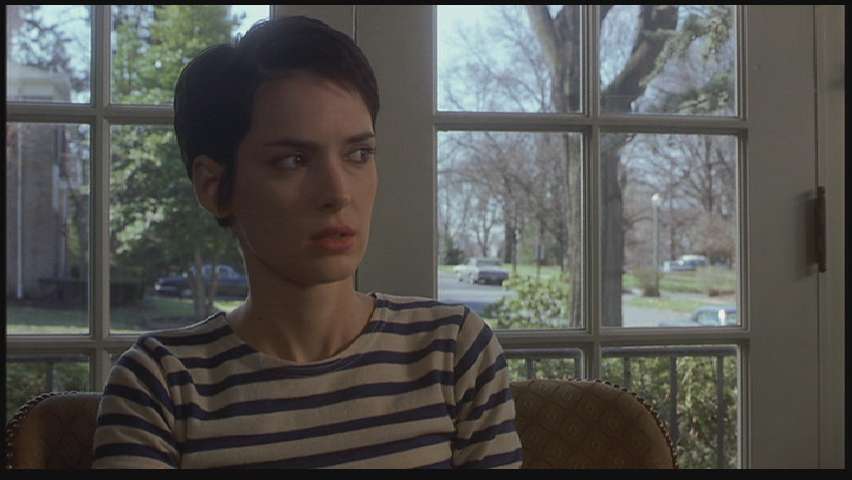
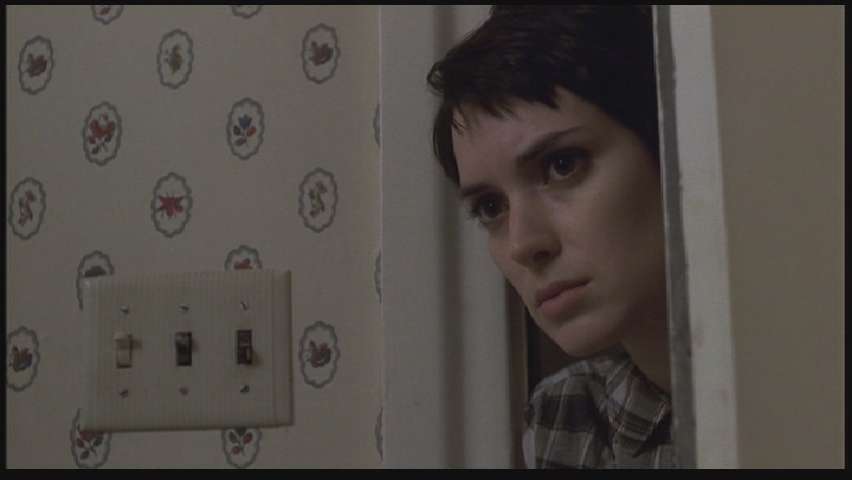
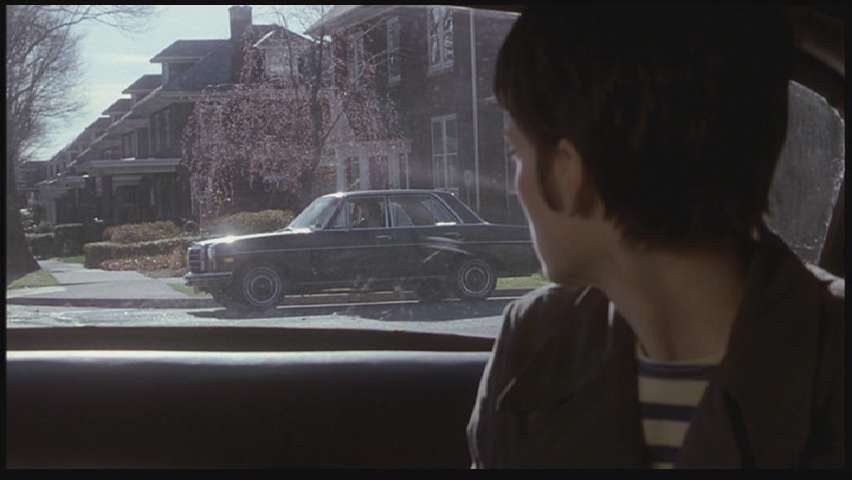
Cast:
Winona Ryder ...Susanna Kaysen
Angelina Jolie ...Lisa Rowe
Clea DuVall ...Georgina Tushkin
Brittany Murphy ...Daisy Randone
Elisabeth Moss ...Polly Clark
Jared Leto ...Tobias Jacobs
Jeffrey Tambor ...Dr. Potts
Vanessa Redgrave ...Dr. Wick
Whoopi Goldberg ...Valerie
Angela Bettis ...Janet
Jillian Armenante ...Cynthia
Drucie McDaniel ...M.G.
Alison Claire ...Gretta
Christina Myers ...Margie
Joanna Kerns ...Annette
Travis Fine ...John
Gloria Barnhart ...Older Catatonic
Josie Gammell ...Mrs. McWilley
Bruce Altman ...Prof. Gilcrest
Mary Kay Place ...Mrs. Gilcrest
Ray Baker ...Mr. Kaysen
Kadee Strickland ...Bonnie Gilcrest
Christian Monroe ...Ronny
Kurtwood Smith ...Dr. Crumble
David Scott Taylor ...Cabby - Monty Hoover
Janet Pryce ...ER Nurse
C. Scott Grimaldi ...ER Resident
Ginny Graham ...Arleen
Richard Domeier ...Art Teacher
John Kirkman ...Jack
Sally Bowman ...Maureen
Misha Collins ...Tony
John Lumia ...Van Driver
Marilyn Brett ...Italian Shop Keeper
Henry Alex Rubin ...Josh
Marilyn Spanier ...Miss Plimack
Linda Gilvear ...Miss Paisley
Allen Strange ...Principal
Spencer Gates ...British Teacher
Rebecca Derrick ...Lillian
Anne Connors ...Nurse
Steve Altes ...Medic
Joe Gerrety ...Cop
Anne Lewis ...Dance Therapist
Donny Martino Jr. ...Naked Man
John Levin ...ER Doctor
Irene Longshore ...Connie
Katie Rimmer ...Tiffany
Jonathan Martin Spirk ...Tough Guy
Chet Huntley ...NBC Newsman
Larry Jameson ...Doctor
Martin Luther King ...Himself
Eric Mitchell ...Hippie
John Bobby ...Therapist #2
Judy Garland ...Dorothy in "The Wizard of Oz"
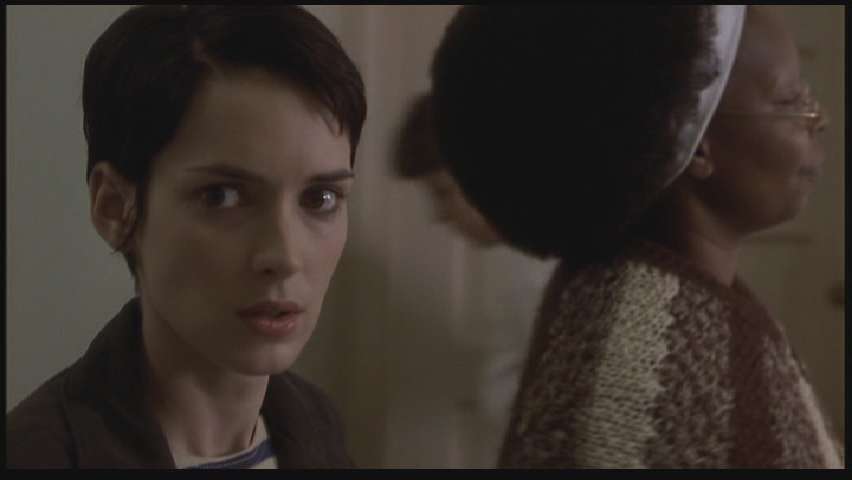
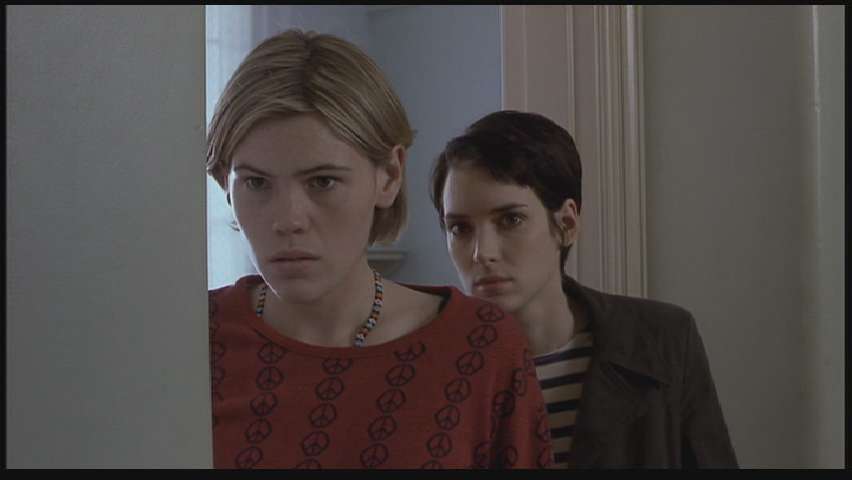
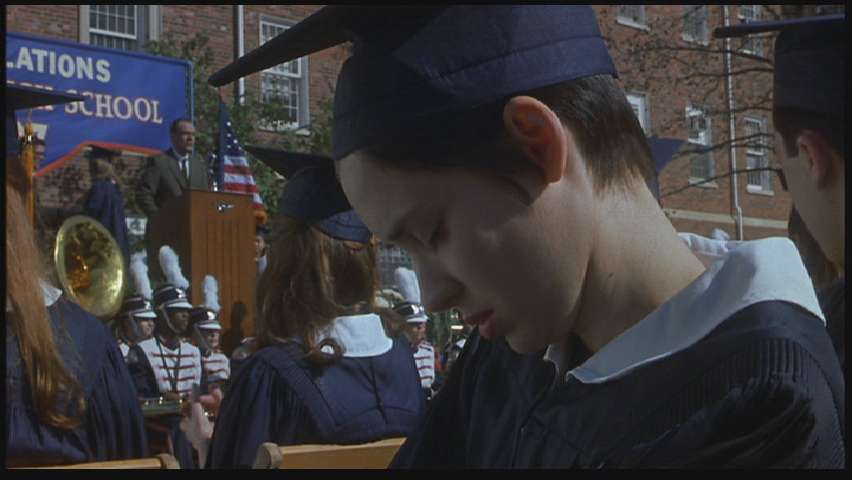
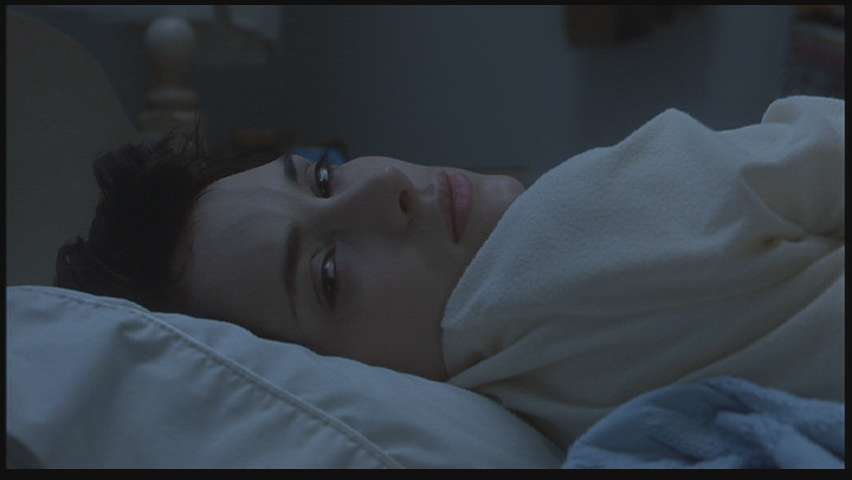
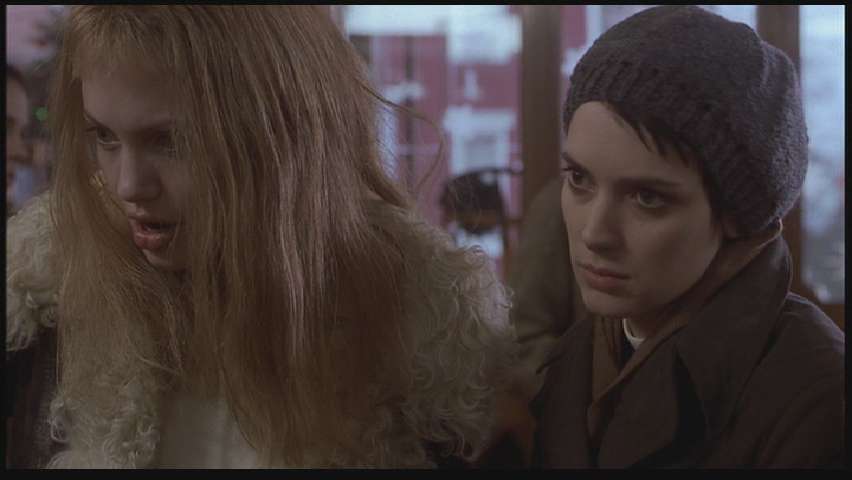
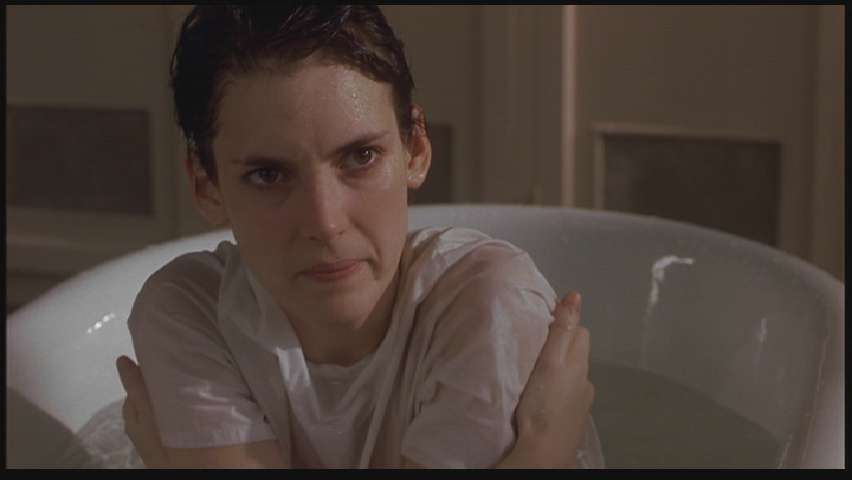
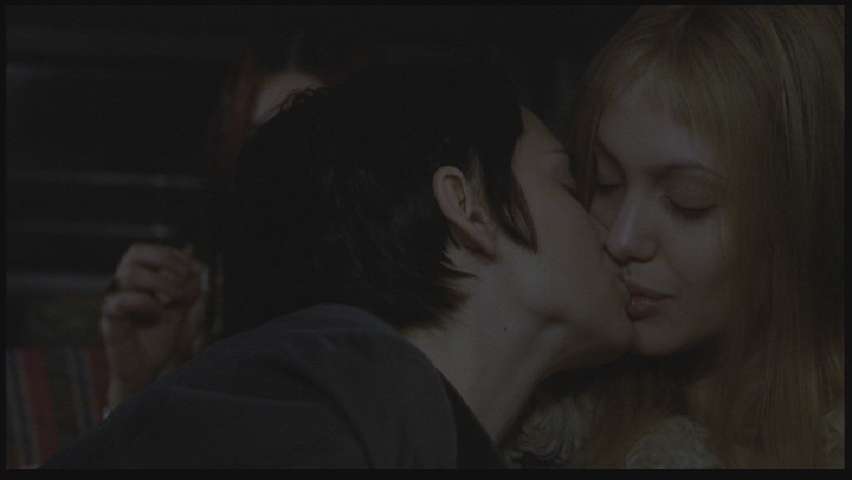
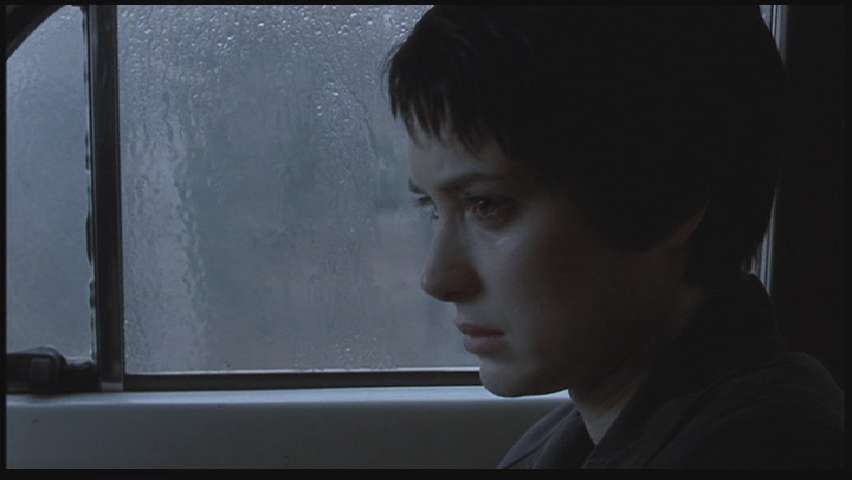

An adaptation of Kaysen's 1993 bestselling memoir, the film follows Susanna's life during her two years at McLean Psychiatric Hospital (called Claymoore Hospital in the film) beginning in 1967.
Executive producer and star Ryder was on hand to talk about "Girl, Interrupted" at a press conference at the Four Seasons Hotel.
Attached to the film for six years, the actor found the subject matter particularly meaningful. Her own experiences with depression and anxiety in her late teens led her to feel a deep connection with Kaysen's life.
"I made a conscious choice to open up and talk about that time in my life, which has been strange for me because I know how nauseating it is when actors complain," Ryder said. "We're very lucky and blessed."
"We're sickeningly well-paid people who have very charmed lives, but there is also a lot the public doesn't see," Ryder continued. "A lot of darkness and demons that I think everyone in the world has. Everybody ... has struggled with loneliness and confusion."
Ryder knew she wanted to make this extremely personal story into a film and speak to young people, especially about the normal feelings of being misunderstood.
"Susanna Kaysen's book just really captured a mood - that time in your life that is so confusing and so lonely and so oddly funny and weird," Ryder said. "She captured it with such honesty yet without being self-indulgent, which is something I hadn't seen captured since Salinger wrote 'Catcher in the Rye.'"
Growing up in a time when many radical changes were occurring in the American social fabric, Kaysen, just out of high school, felt deeply confused and insecure. She ended up "chasing a bottle of aspirin with a bottle of vodka."
As a result, her parents sent her to the mental hospital where Kaysen confronted the gripping confusion in her life. Years later, Kaysen began writing vignettes about the time spent in the hospital and eventually compiled a searing novel that resonated with all types of people.
After Ryder read the book, she contacted producer Douglas Wick who had bought the rights to the film. Six years later, James Mangold came on board to revise the script and direct. This pairing finally brought the film adaptation into fruition.
"It was just kind of these series of vignettes in a mental institution which were neither saying it was a terrible place or a great place but were just kind of events," Mangold said. "I felt like someone had to attack the material with vigor, also more loyalty to the feelings, themes and points of the book."
The director felt audiences would connect most with Kaysen's universal conflicted feelings of confusion.
"We all wake up and try to figure out why but never are sure. There can be periods of our life that we really can't blame on our ex-girlfriend or mother or anyone and in fact we just feel shitty," Mangold said. "That's interesting. And some people get lost in the spiral of that."
Kaysen almost got lost in that spiral. But her experiences in the mental institution made it clear to her that she wanted to be a writer. She also came to a realization about the confusion which almost destroyed her life.
Yet it was not until she began writing down her memories that Kaysen really found clarity. The resulting book, meditative in tone, focused mainly on her thoughts and feelings of that time.
So in writing the script, Mangold expanded the other characters mentioned in the book, especially that of Lisa, a charming over-the-top sociopath, played by Angelina Jolie. Critical to the film's dramatic structure, Lisa became important to Mangold because she symbolized a type of freedom that Susanna did not quite possess.
"Some of what we think of as crazy is also just speaking the truth all the time which, let's face it, we can't do." said Mangold. "Part of the rules of life is not saying what you are thinking."
While creating the role of Lisa, Mangold worried he could not find anyone to fill the outrageous "lines in a coloring book" that he had drawn. When Jolie came to read for the role, the search was over. After reading every single scene that Lisa was in, Mangold knew that the film could be made.
Jolie's connection with the part, Mangold's conviction in presenting the truths behind Kaysen's message, and the overwhelming power of Kaysen's story are what Ryder is counting on in reaching the larger public.
"I hope the teenagers who feel alone out there will see this movie and say, 'Thank God.' Because movies like this aren't really offered, and I would like to offer it," Ryder said. "If I had seen this movie at 19, I would have taken a lot of comfort in it."
"Life is just weird. Life is a mess," Ryder said. "This world is a mess, and anyone who understands this world I would worry about ... We're normal to feel crazy in a way."
By Jessica Holt
Daily Bruin Senior Staff


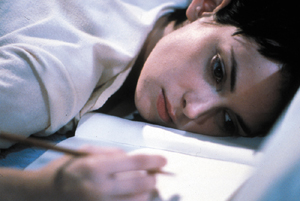
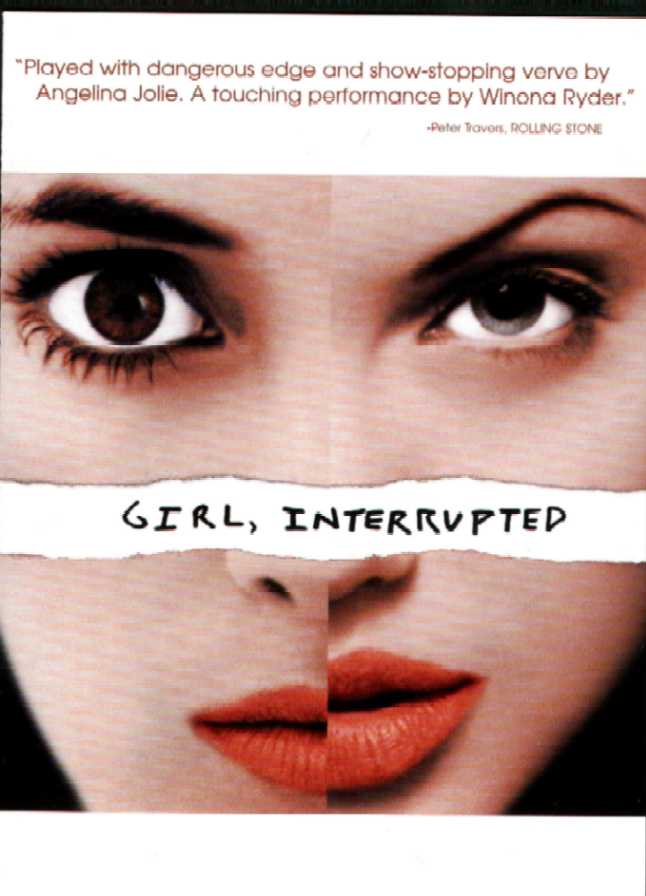
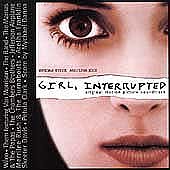
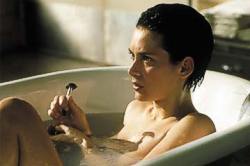
Winona Ryder is better qualified than most to star in 'Girl, Interrupted', the film that's been dubbed a female 'One Flew Over The Cuckoo's Nest'. For she spent several months receiving treatment in a psychiatric unit in the early 90s.
She's grown up in the full glare of media publicity, since becoming everyone's favourite waif in the likes of 'Beetlejuice', 'Edward Scissorhands', 'Little Women', 'The Crucible' and 'Alien: Resurrection'.
ROALD RYNNING finds out why she's still mad for it...
A lot has been written about you checking yourself into a psychiatric clinic after filming 'The House Of The Spirits' in 1993...
I was overworked and overtired - too tired to sleep - and I was really stressed after filming scenes in which I was raped and tortured and electrocuted. And my first serious relationship was over [with Johnny Depp], and any first break-up is difficult. I returned to LA without having a home. I was exhausted, depressed and couldn't sleep. I called my doctor and said, 'I have to go somewhere to sleep.' And I checked myself into a psychiatric ward for sleep deprivation.
This happened when you were 22, but you'd already suffered from panic attacks for many years...
Yes, since I began my movie career aged 12. I think it was probably due to the pressure of working and going through adolescence onscreen. Most kids can have a bad day and miss school, but I couldn't miss a day of work because that would be a \\$300,000 insurance day.
Did the stay in the psychiatric clinic help you?
Not at all. I thought I was going to get therapy but I really got nothing from it. But the thing that I did 'get' is that you don't go to a place and get a pill that fixes you. They don't give you a sheet of secret answers. You can't pay enough money to have a place fix you. Which is incredibly upsetting when you think that you can.
I thought, 'I have money and, if I pay them enough, they're going to have to give me some sort of cure for just feeling broken and confused and just way too sensitive for this insane world.' But it didn't work like that. I left there feeling just the same and just as tired. In the end, you have to figure it out for yourself. I just had to either choose to move on or stay miserable. And I chose to move on.
And soon after, your father gave you Susanna Kaysen's 1993 memoir 'Girl, Interrupted'...
I fell in love with the book. It really described my confusion being depressed. It's an unbelievably moving, brilliantly-written book. Susanna was going through a normal teenage angst, and this is not something we talk about. There aren't a lot of books for teenage girls about serious stuff. And it described anxiety attacks so well. Exactly how I had felt them and not been able to explain to my family and friends. It's so hard to explain it to other people.
Why did you become the film's producer?
I chose to produce the movie so nobody would mess with the material. It took six years to get made, and it was frustrating, but I wanted to make it because I wish a movie like this had been around when I was a teenager. I hope it can offer something to other kids, so they don't feel they are alone.
Is it true that you grew up in a commune?
My parents were half-hippies, half-beatniks. Very intellectual hippies, not drug-crazed but activists. They were amazing people, and for four years we lived in a commune. We were ten families living on 380 acres of beautiful land. The main house was where all the families would cook dinner and we all lived together. It was utopia in a way, but boring. There was no electricity or running water. We finally had enough.
Which of your films are you most proud of?
'The Age Of Innocence' was one of the best working experiences I've ever had. Working with Martin Scorsese - what more could you possibly ask for? In 'Little Women' I worked with one of my favourite people, Christian Bale, who's one of my best friends and one of the great actors. 'The Crucible' is another favourite of mine. It was fantastic and I'm really proud of the movie. I wish more people would see it.
You've been nominated for an Oscar twice - for 'Little Women' and 'The Age Of Innocence'. How did it feel to lose?
Everyone was afraid to look at me. They looked like somebody had died. But I was relieved. I was too young to get an Oscar.
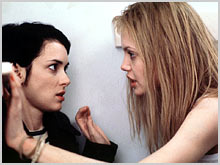
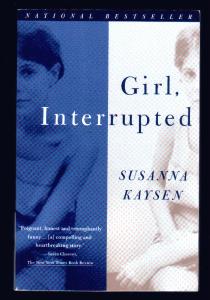
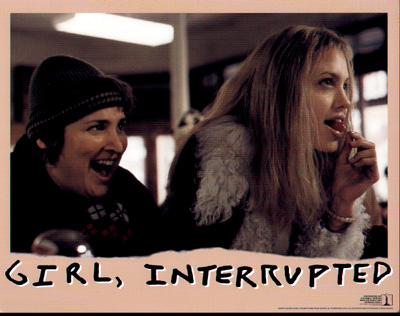
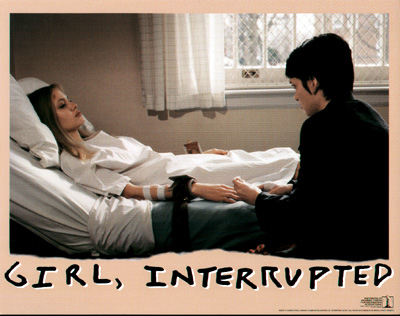
ipcress.freeservers.com